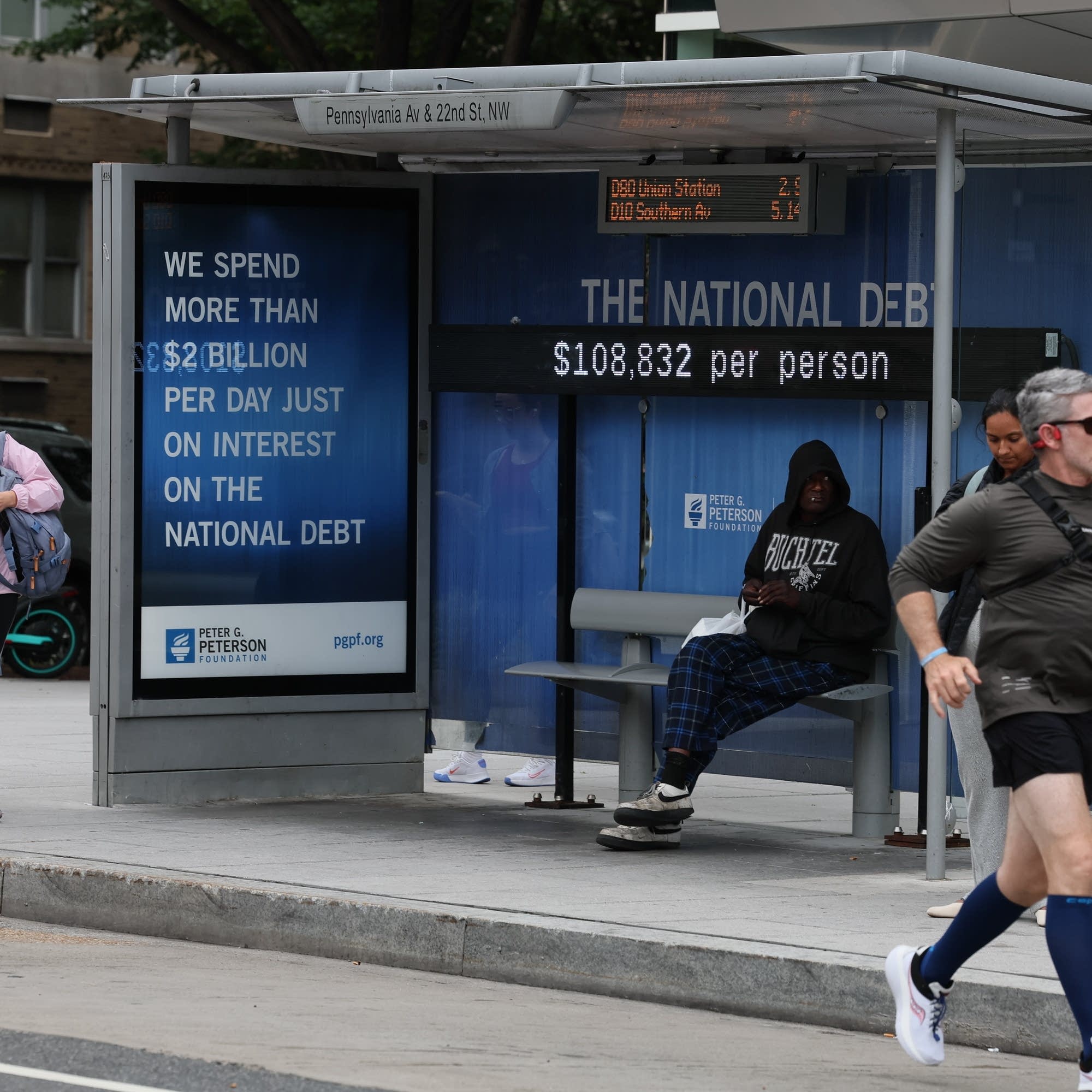The national debt hit $38 trillion, and yes, you should care
The U.S. national debt hit a new record this week: $38 trillion. As we head toward the fifth week of a government shutdown over a congressional budget disagreement, we explain why the growing national debt matters and how it affects your wallet. Also in this episode: Where does surplus oil go as demand drops? How might a wearable AI device affect your relationships? And, why are credit card companies offering more perks?
Every story has an economic angle. Want some in your inbox? Subscribe to our daily or weekly newsletter.
Marketplace is more than a radio show. Check out our original reporting and financial literacy content at marketplace.org — and consider making an investment in our future.
Press play and read along
Transcript
Transcript is processing—check back soon.
Marketplace — The national debt hit $38 trillion, and yes, you should care





